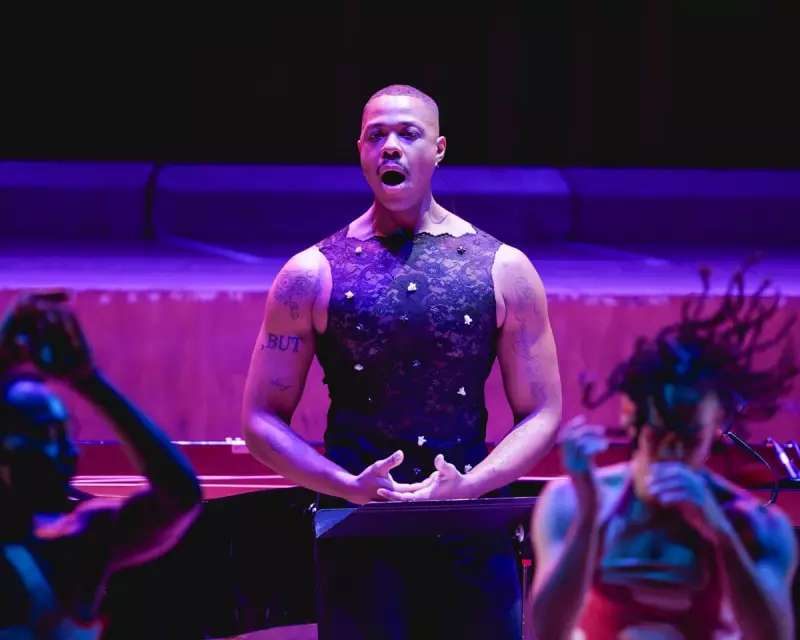
In a performance that felt both like historical reclamation and contemporary revelation, American vocalist Davóne Tines brought the radical spirit of composer Julius Eastman back to vibrant life at London's Barbican Hall. The concert, titled A Power Greater Than, served as both tribute and resurrection for a musical genius nearly lost to history.
The Maverick Remembered
Julius Eastman, the African-American gay composer who died in obscurity in 1990, has experienced a remarkable posthumous renaissance. His work—fiercely minimalist, politically charged, and defiantly original—once pushed against the boundaries of the classical establishment. Tines, with his formidable vocal range and profound artistic sensitivity, proved the ideal interpreter to bridge the decades separating Eastman's era from our own.
A Voice Reclaiming History
The evening's centrepiece was Eastman's provocative Prelude to The Holy Presence of Joan d'Arc, where Tines' commanding baritone filled the hall with raw, spiritual intensity. Accompanied by thunderous percussion, the performance transformed the Barbican into a sacred space, demonstrating why Eastman's work continues to resonate with contemporary audiences.
Tines didn't merely perform Eastman's compositions—he channelled their revolutionary spirit. Between pieces, he shared poignant reflections on the parallels between Eastman's artistic struggles and the ongoing challenges facing Black artists today, creating a powerful dialogue across generations.
Beyond Resurrection
What made this tribute particularly significant was its forward-looking perspective. Rather than treating Eastman's work as museum pieces, Tines and his collaborators—including the exceptional percussionist and music director who brought explosive energy to the stage—demonstrated their continuing relevance and revolutionary potential.
The concert also featured Eastman's Evil Nigger and Gay Guerrilla, works whose deliberately provocative titles challenged audiences then and continue to do so now. In Tines' interpretation, these pieces became not historical artifacts but living, breathing manifestos for artistic freedom and identity.
A Legacy Secured
The enthusiastic reception at the Barbican confirms that Eastman's time has finally come. Once dismissed and nearly erased from musical history, his work now speaks powerfully to contemporary concerns about identity, representation, and artistic courage.
As one audience member remarked, "This wasn't just a concert—it was a correction of the historical record and a celebration of queer Black brilliance that the classical world tried to forget."
Thanks to artists like Davóne Tines, Julius Eastman's revolutionary voice now claims its rightful place in the canon, reminding us that great art, no matter how neglected, always finds its moment.





